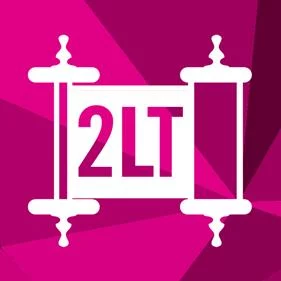Two-Line Torah: Miketz 5777–When the advisor needs advice

Joseph is freed from prison to be the dream interpreter and advisor to Pharaoh. Pharaoh has a dream about seven healthy cows being eaten by seven starving cows as well as seven plump ears of corn being eaten by seven sickly and thin ears of corn. Joseph tells Pharaoh that his dream means there will be seven years of abundance followed by seven years of famine, and that the best plan of action would be to have someone designated to oversee the crops during the years of abundance to avoid the years of famine. Pharaoh gives Joseph this job and Joseph experiences a full physical transformation: Pharaoh dresses Joseph in beautiful Egyptian clothing, gives him jewels, an Egyptian wife, and even a new Egyptian name. Joseph earned money by selling crops to the starving Egyptians and the famine had also reached Canaan, and thusly people were also traveling to Egypt from Canaan to buy the crops.
Joseph’s brothers and extended family arrived from Canaan starving and asking to buy food. Joseph had been out of touch from this family for twenty years and his brothers didn’t recognize him and Joseph took advantage of this. He felt powerful being in a position of privilege over his brothers. However despite the expensive clothing and elegant lifestyle Joseph had now, it didn’t make it easy for him to have this position of dominance over his brothers. It was so hard for him that it even made him cry.
This parsha teaches us about intentionality and working from a place of genuine intent, not ego. It is important to give what we do meaning, rather than trying to fulfill an artificial and fleeting sense of self-worth. On the outside, Joseph seemingly had everything, but really he was weak and empty on the inside. For someone who had the responsibility of being an advisor and interpreter, he was someone who really needed good advice for himself.
Hillel students can learn from Joseph’s story that true leadership and righteousness comes from good actions and treating people with fair disposition, and not from a swelled ego. It doesn’t matter what a student looks like, if he is wearing a kippah, or an old and worn out baseball cap, it’s what’s on the inside that counts that will make a great leader. Students can also learn about the importance of asking for help. Joseph was an advisor to Pharaoh, but he also needed help. Even the people who we perceive to have everything figured out, can also be people who need guidance and support.
Mallory Kovit is the program and engagement associate for Hillels of Westchester.